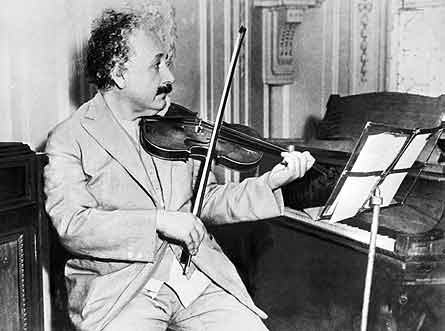For most of my martial arts teaching career (done nonprofit, BTW), I have been spoiled. I taught UVa students, faculty, and staff for 14 years. Getting the best and the brightest in the primes of their lives is something that few teachers have the privilege to experience. And when it came to rank, I was highly merit-based in my rewards. With large classes, I could afford to give the faster learners a couple of kyu rank jumps (as many as 3) for each semester I ran a test. The average person went up 1 or 2 ranks, and a rare few got no advancement. In the thousands of people I taught, I never had to kick a student out, even though I had a way of making life absolutely miserable for those who didn't understand protocol. (After a while, this became self-sustaining in the dojo.)
Two things have happened since then.
- I've gotten smarter both as a practitioner and as a teacher. I see what the very gifted can do, and can break it down into bite-sized learning chunks. If someone will hold up their end of the learning bargain, I can do a lot with most people. There is no mistique and therer is no chi. But my best students can do more than those who (used to) claim mystical powers. It does indeed start with the center, but not in any foo foo way.
- Instead of teaching within the confines of a University, I now teach in the spoiled West End of the greater Richmond area. This is where all the "outsiders" come to settle. It's soccer mom and karate dad city. It's a population of transients in both job status and life interest. Little did I know when I went from small university town to suburbia that I'd have a MORE difficult time keeping people for any length of time.
There is one problem though that is about to drive me to drinking. I have a few students who've been with me here for a decade (or longer) who tend to regress back to old mistakes. Here I am trying to teach complex principles of core management alongside mastery of the periphery, with an energy preserving structure in-between. I'm also pointing to how what I'm programming in their upper brains will mesh with what's already there in their lower brains. And my students? At times they regress to clopping like Clydesdales (I can hear those heels touch 100 yards away), hunching like Igor, and drawing in like wallflowers.
I really do try to be patient. For those with the worst problems, I've even resorted to teaching the white belts the specific problems that these upper belts are suffering from. What the hell... I figure it may be a learning opportunity for both. When my UVa club was very large, I did reach this critical mass were folks were teaching each other quite effectively. I also name some of the worst mistakes after specific students. Everyone who has been with me for a while knows what "Alison's disease" is. That student subsequently went on to get a black belt, as well as a PhD in biology. And she was good-natured about my ribbing - even to the point of laughing to tears when I do a caricature of the syndrome. (You need a good booty and swivel hips to do it right...
How many of you teachers out there suffer from perfectly fine students who are constantly regressing? Any ideas on how to achieve permanent breakthroughs?
Any and all suggestions appreciated. After all these years, I'm still learning about this teaching thing - if that makes sense.
- Bill


